Business in Denmark, Copenhagen, Danish Economy

Denmark: one of the least corrupt countries. Danish Foreign Trade
- Introduction to the Kingdom of Denmark (EU)
- Danish Economy: one of the least corrupt countries in the world
- Business in Copenhagen
- Danish International Trade
- Investment in Denmark
- Largest Danish Companies
- Access to the Danish Market
- Business Plan for Denmark
The objectives of the subject “International Trade and Business in” Denmark” are the following:
- To analyze the Danish Economy and Foreign Trade
- To know the trade opportunities in the Danish Market
- To analyze the Danish trade relations with the country of the student
- To know the Danish free trade agreements as a member of the EU
- To develop a business plan for the Danish Market

The Subject “Foreign Trade and Business in Denmark” belongs to the following Online Programs taught by EENI Global Business School:
Doctorate: European Business, World Trade.
Masters: International Business, Foreign Trade.
Languages:  +
+  Dinamarca
Dinamarca  Danemark
Danemark  Dinamarca.
Dinamarca.
- Credits of the Subject “Doing Business in Denmark”: 1

- Duration: one week
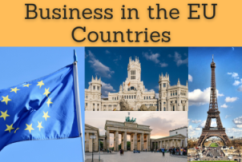
 Masters adapted to Danish Students.
Masters adapted to Danish Students.
International Trade and Business in Denmark
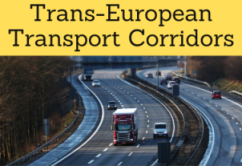
Transport and Logistics. Access to the:
- North Sea-Baltic Corridor
- Pan-European Corridor II

Danish Preferential Access and Trade Agreements:
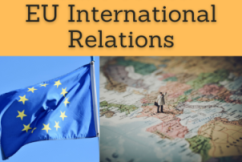
- Denmark and the European Economic Area
- The EU
- As a member of the EU, Denmark is a beneficiary of the EU Trade Agreements with Algeria, Ivory Coast, South Africa, South Korea, India, Mexico, Ukraine, Moldova, Georgia etc. besides the Customs Union with Turkey
- European Single Market
- The EU Services Directive
- European Digital Single Market
- Economic and Monetary Union
- European Customs Union
- Council of the Baltic Sea States
- Regional Cooperation Council
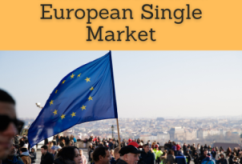

- WTO
- GATS
- Agreement on the Application of Sanitary Measures
- Agreement on Technical Barriers to Trade
- Agreement on Preshipment Inspection
- Agreement on Safeguards
- Trade Facilitation Agreement
- WCO
- ICC
- COTIF Convention (Rail)
- BIC
- Chicago Convention (ICAO)
- IMO
- Convention for Safe Containers
- Istanbul Convention
- Rotterdam Rules (Sea)
- Hamburg Rules (Sea)
- CMR Convention
- IRU
- TIR Convention
- Guidelines on Safe Load Securing for Road Transport
- ICS
- CIM & CIT Rules (Rail)
- Customs Convention on Containers - not a member
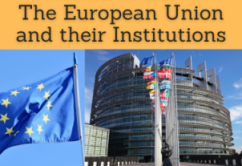
- The EU
- ECB
- EIB
- EBRD
- UNECE
- OSCE

- OECD
- UN
- UNCTAD
- WIPO
- Inter-American Development Bank
- WB
- WTO
- IMF
- Asia-Europe Meeting
- African Development Bank
- Asian Development Bank
The Kingdom of Denmark.
- Capital of Denmark: Copenhagen
- Official Language: Danish
- Area of Denmark: 43,094 km²
- Danish Population: 5.6 million people
- Type of Government: Unitary parliamentary constitutional monarchy (Queen Margaret)
- Border of Denmark: Germany.
- A road joins Sweden and Denmark
- Denmark has two overseas territories: Greenland and Faroe Islands
- Abolition of Slavery in Denmark: 1803
Main Religion in Denmark: Lutheran Protestantism (Christianity).
Denmark belongs to the European Economic Area.

Economy of Denmark.
- Denmark is one of the least corrupt countries in the world
- The Kingdom of Denmark is one of the richest countries in the world
- Danish GDP (nominal): 313,637 million dollars;
- Agriculture: 1%
- Industry: 25%
- Services: 74%
- GDP per capita: 37,657 dollars
- Currency of Denmark: Danish krone
- Denmark is self-sufficient in energy
- Top Danish Industries are food products, machinery, furniture, clothes, chemical products, electronics products, construction products, wind turbines
- Top Danish Companies are A.P. Møller-Mærsk (international transport and energy), Lego, ISS, Vestas, Carlsberg
- Denmark joined the EU in 1973

Danish Foreign Trade.
- Main Danish Exports: machinery, foods and instruments
- Top Danish export markets: Germany (17%), Sweden, the UK, Norway
- Top suppliers of Denmark: Germany (21%), Sweden, the Netherlands, the UK, China, Norway
(c) EENI Global Business School (1995-2024)
We do not use cookies
Top of this page



